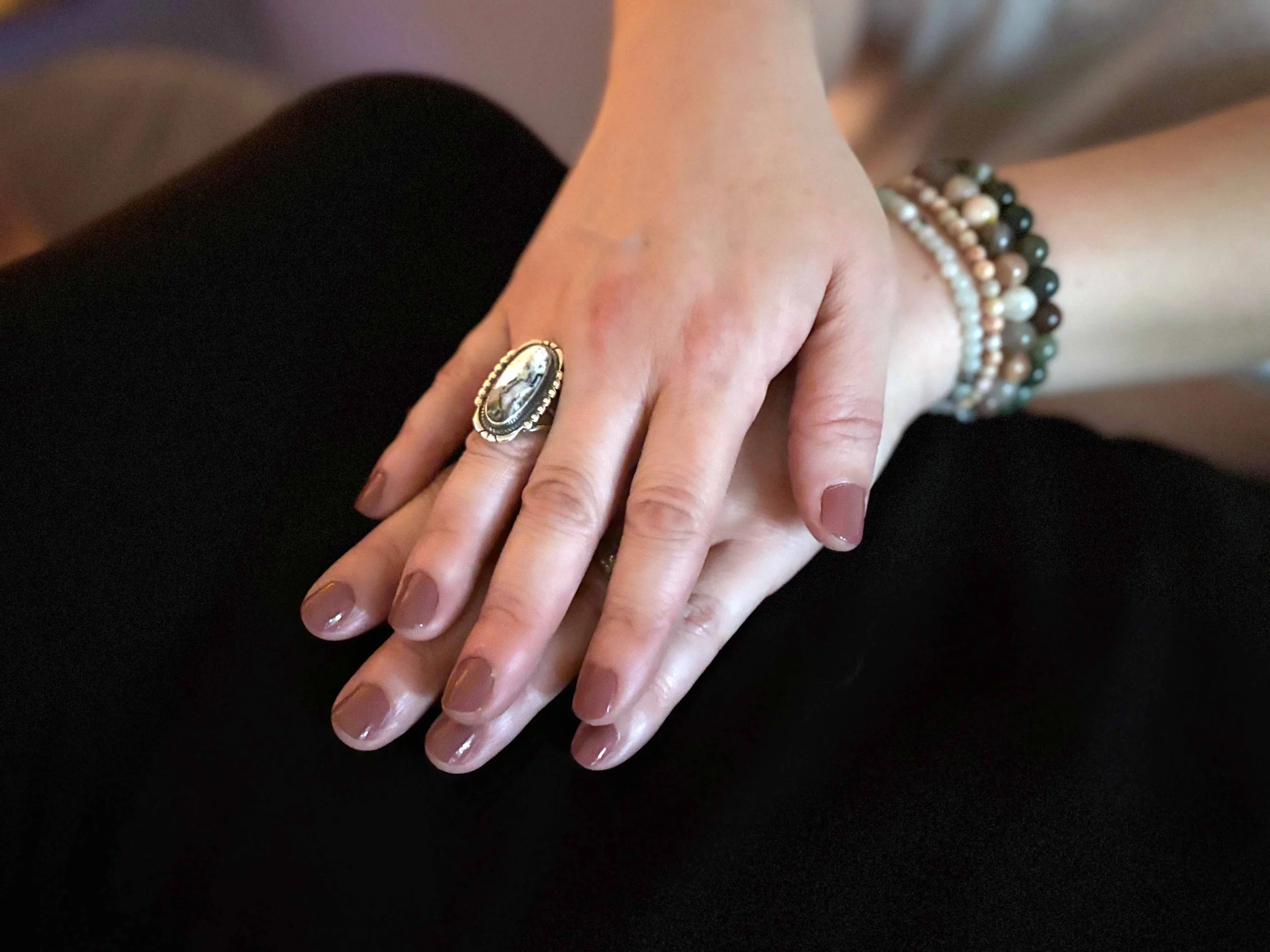EPISODE 105 | The Mind-Blowing Little Known Impacts of Low Testosterone with Justin Groce
Watch Justin Groce’s intervew on Human Amplified with Brandi Fleck on YouTube.
Listen to Justin Groce's Interview
Get to Know Justin Groce
Today we’re talking to Justin Groce. He’s an expert nurse practitioner with almost a decade experience in men's health. He is the owner of The Restore Clinic in Cookeville, TN, which focuses on hormone optimization therapy, peptide therapies, and longevity medicine for men. He's been a guest presenter at numerous conferences geared towards men's health and hormones, as well as in nutrition and fitness programming. Besides being a prominent figure in the testosterone replacement therapy (TRT) world, Justin is also a strength and conditioning coach and integrates that into his practice.
I also happen to know that he loves hiking with his wife and is an excellent photographer.
Intro - Episode 105
So you are in for a treat with this interview.
We start out by talking what it looks like when a man has healthy levels of testosterone and what it looks like if testosterone is low. You’ll see that the role testosterone plays is way bigger than we typically give it credit for. Then, Justin squashes the stigma around testosterone usage and what healthy masculinity really is.
You Might Also Like: A Deep Dive Into Southern Masculinity and Rage
Justin opens up about his own journey with low testosterone as well and how he went from a bunch of medications that didn’t feel right to actually addressing the root cause of his symptoms. We discuss what the multifaceted root of low t actually can be, most common symptoms, the role of support systems, how hard it is for men to make friends, what to do about it, proactive and preventative strategies to balance your hormones in the first place, and even what to know about lab numbers and their lack of standardization.
On the surface, you’ll walk away from this episode equipped to know if you should test for low T or not.
If you go deeper into the more subtle themes presented, you’ll start to wonder about why you and I have evolved the way we have, if we’re going in the right direction, and then hopefully you’ll start to question if getting to the root is a better route than treating symptoms. If we want to change our story, Justin and I agree that it’s a great idea to advocate for yourself, get to the root of what ails you, and go back to the basics when taking care of yourself so that your body can go back to balance and therefore change the trajectory of your evolution.
You Might Also Like: Optimizing Health Through the Gut, Your Second Brain
So, from the mind-blowing little known symptoms of low testosterone that are scattered throughout the entire discussion to the other end of spectrum where I feel like we’re all trying to figure out how to get access to the right types of holistic healthcare, let’s dig in.
Read the Interview Transcript - Episode 105
Read it here.
Links and Resources - Episode 105
YouTube: www.YouTube.com/@TheRestoreClinic
TikTok: @therestoreclinic
IG personal: @justin_L_Groce
IG biz: @TheRestoreClinic
CREDITS: Original intro and outro music by Ryan Sauls. Episode creation, editing, production, and graphics by Brandi Fleck. Sound effects from zapslat.com. Bio and photos by and provided by Justin Groce.
Related Posts
Hi, I’m your podcast host, Brandi Fleck. I’m a recognized communications and interviewing expert, a writer, an artist, and a private practice, certified trauma-informed life coach and trauma recovery coach. No matter how you interact with me, I help you tell and change your story so you can feel more like yourself. So welcome!
Find More Podcast Episodes
Topic
- Atlanta
- Black and BIPOC
- LGBTQIA plus
- Los Angeles
- Nashville
- St. Louis
- abuse
- addiction and recovery
- adoption
- afterlife
- anxiety management
- art
- awakening
- beauty
- behind the scenes
- being human
- body image
- body work
- breathwork
- burnout
- cancer
- career
- caretaking
- clean products
- coach
- communication
- community
- confidence
- conflict resolution
- dating
- death
- disease
- disruptor
- divorce
- emotional health
- energy work
- entertainment
- environmentalism
- expert advice
- fashion
- fitness
- gender
- ghosts
- grief
- healer
- healing
- holistic wellness
- home
- human advocacy
- hypnotherapy
Recent Episodes
Shop Merch
Latest from the Blog











































































